
News – 2021
Sept. 15, 2021
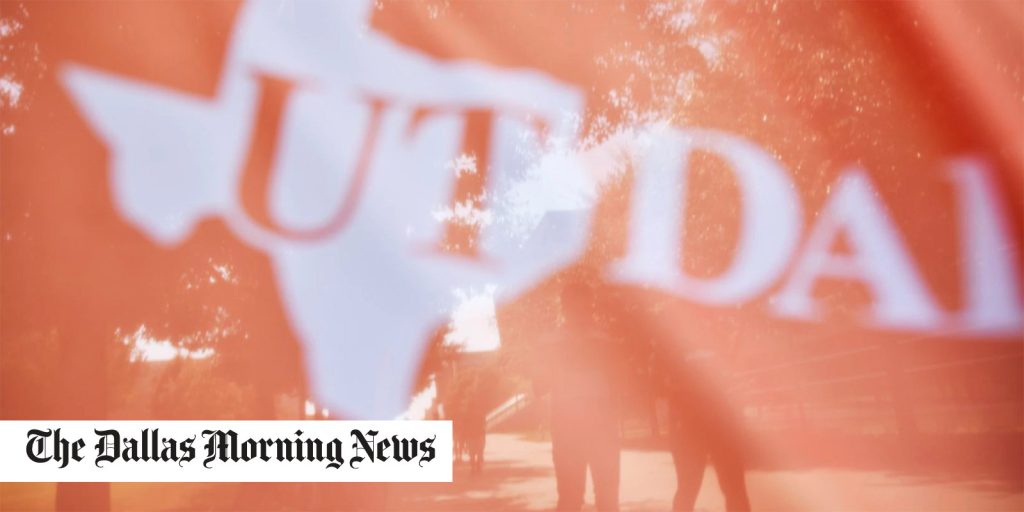
FDA approves stroke rehabilitation therapy created at UT Dallas
A stroke rehabilitation method invented at The University of Texas at Dallas recently received approval from the Food and Drug Administration. The system that treats chronic ischemic stroke survivors is the first of its kind, according to a UT Dallas press release. Most strokes (87%) are ischemic strokes, which are often caused by blood clots, according to the Centers for Disease Control and Prevention. An ischemic stroke happens when blood flow through the artery that supplies oxygen-filled blood to the brain becomes blocked.
Sept. 12, 2021
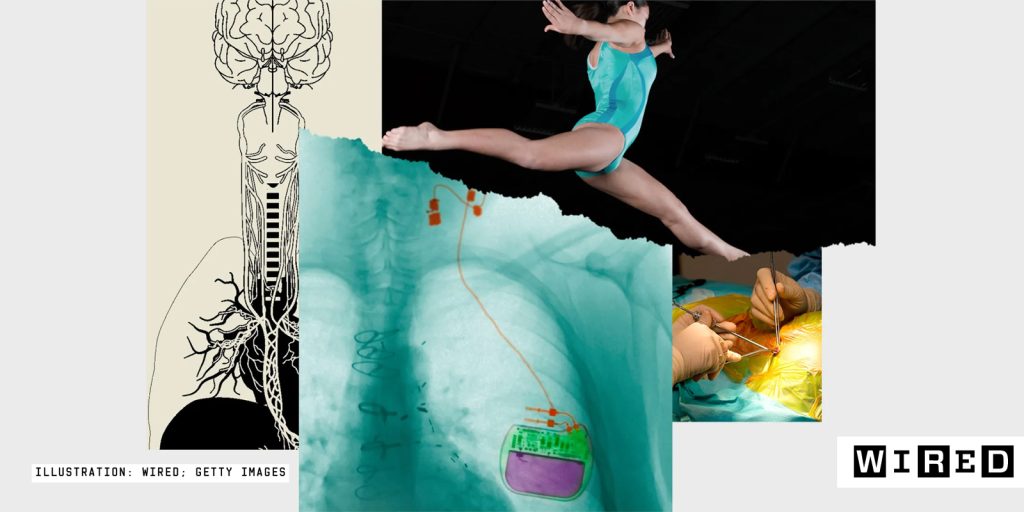
A Stroke Study Reveals the Future of Human Augmentation
It began in early October 2017, when 108 stroke patients with significant arm and hand disabilities turned up for a peculiar clinical trial. The researchers would be surgically implanting a neurostimulator to their vagus nerve, the cranial nerve that runs along the groove in the front of the neck and is responsible for transmitting signals from the brain to other parts of the body. By the time the trial concluded, the subjects’ once limited limbs had begun to come back to life. Somehow, pulses to that nerve combined with rehab therapy had given the patients improved use of their disabled limb — and done so faster and more effectively than any treatment before it, even on those who had responded to nothing else.
Sept. 10, 2021
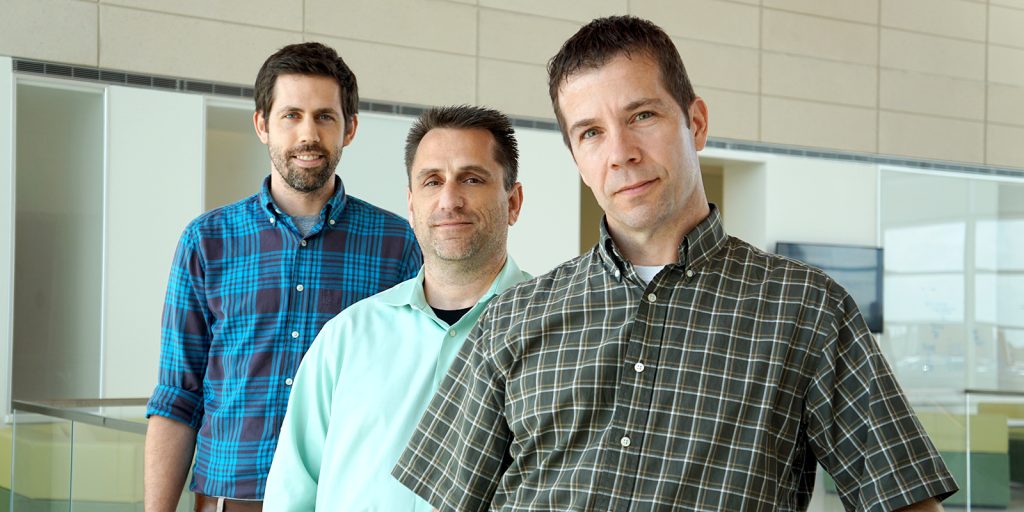
FDA Approves Stroke Rehabilitation Therapy Created at UT Dallas
For the 7 million American survivors of stroke, increasing the effectiveness of physical rehabilitation for mobility and motor skills could provide a transformative boost in quality of life. Researchers from The University of Texas at Dallas’ Texas Biomedical Device Center (TxBDC) conceived a therapy to rewire circuits in the brain involving vagus nerve stimulation (VNS) more than a decade ago, and scientists have since been refining the technique to treat a variety of disorders, including stroke. On Aug. 27, the Food and Drug Administration (FDA) approved the rehabilitation system for chronic ischemic stroke survivors — the first such treatment of its kind.
Sept. 3, 2021
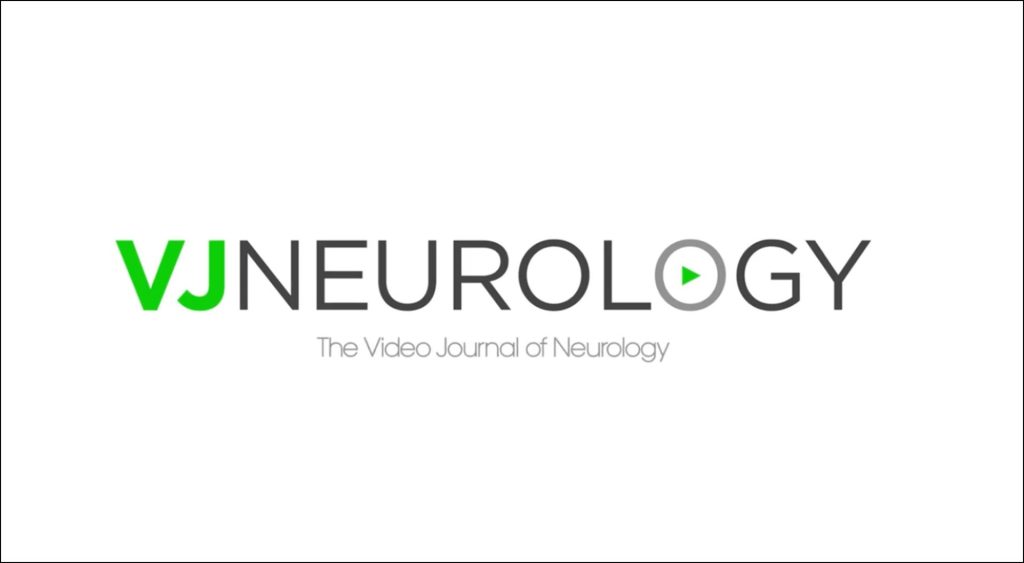
ESOC 2021 | First of its kind vagus nerve stimulation device approved for upper extremity deficits after stroke
For the 7 million American survivors of stroke, increasing the effectiveness of physical rehabilitation for mobility and motor skills could provide a transformative boost in quality of life. In August 2021, the MicroTransponder Vivistim Paired Vagus Nerve Stimulation (VNS) System was approved by the FDA for the treatment of moderate to severe upper extremity motor deficits associated with chronic ischemic stroke. Dr. Seth Hays, The University of Texas at Dallas, discusses the clinical trial data that led to the approval of the Vivistim System, a first of its kind, drug-free rehabilitation device.
August 2021
FDA Approves First-of-Its-Kind Stroke Rehabilitation System
The U.S. Food and Drug Administration today approved the MicroTransponder Vivistim Paired VNS System (Vivistim System), a first-of-its-kind, drug-free rehabilitation system intended to treat moderate to severe upper extremity motor deficits associated with chronic ischemic stroke — a stroke caused by a blockage of blood flow to the brain with long-lasting symptoms — using vagus nerve stimulation (VNS).
May 2021

Research 411 Talk Show: Rewiring the Brain After Injury
Join Dr. Seth Hays to learn about a new strategy, vagus nerve stimulation (VNS), used to boost recovery after a stroke or spinal cord injury.
March 24, 2021
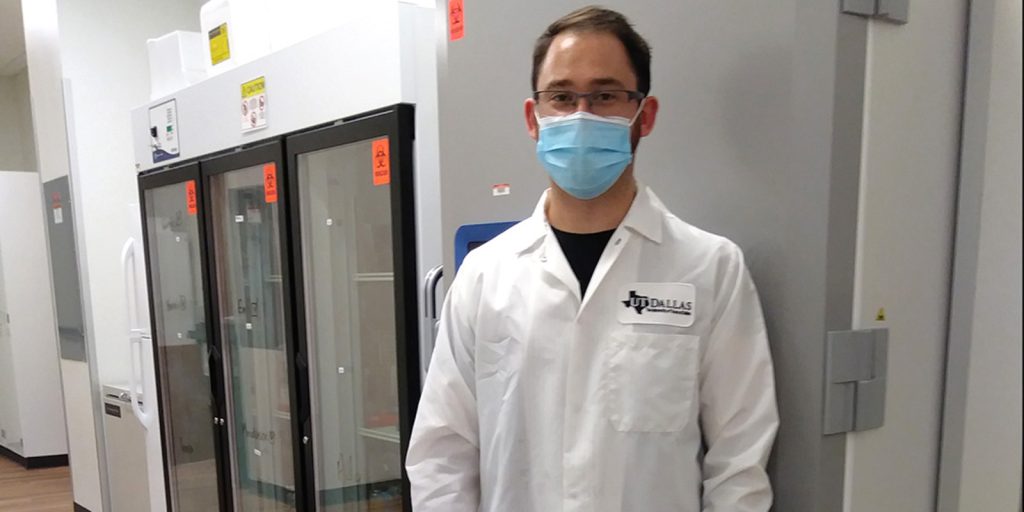
Cold Storage Units Help COVID-19 Vaccines Meet Hot Demand
Collin County personnel asked UT Dallas officials about the possibility of lending a freezer. The Texas Biomedical Device Center at UT Dallas was able to assist. “The Texas Biomedical Device Center was founded by a U.S. Marine and an Eagle Scout, so service to our community comes naturally. We are happy to have had the opportunity to serve by sharing our equipment during this crisis,” said Dr. Michael Kilgard, the Margaret Fonde Jonsson Professor of neuroscience and interim executive director and chief science officer at the Texas Biomedical Device Center.
Spring 2021
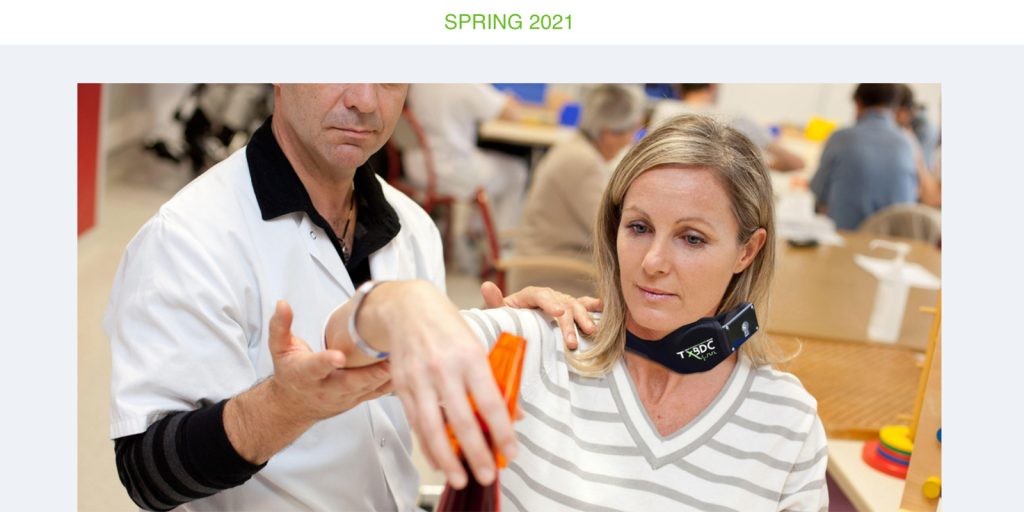
Recruitment Under Way for Phase I Clinical Trials: PTSD & SCI
The Texas Biomedical Device Center (TxBDC) at The University of Texas at Dallas received FDA approval to proceed with two studies using the ReStore Vagus Nerve Stimulator. The first study will use ReStore to enhance recovery following a spinal cord injury. The second study will use ReStore to enhance prolonged exposure therapy for treating Post Traumatic Stress Disorder (PTSD).
